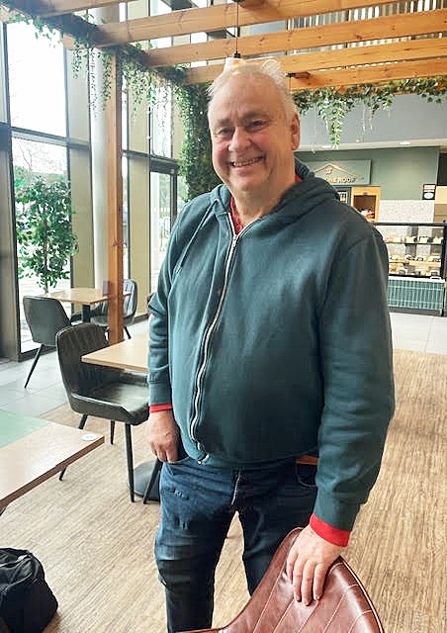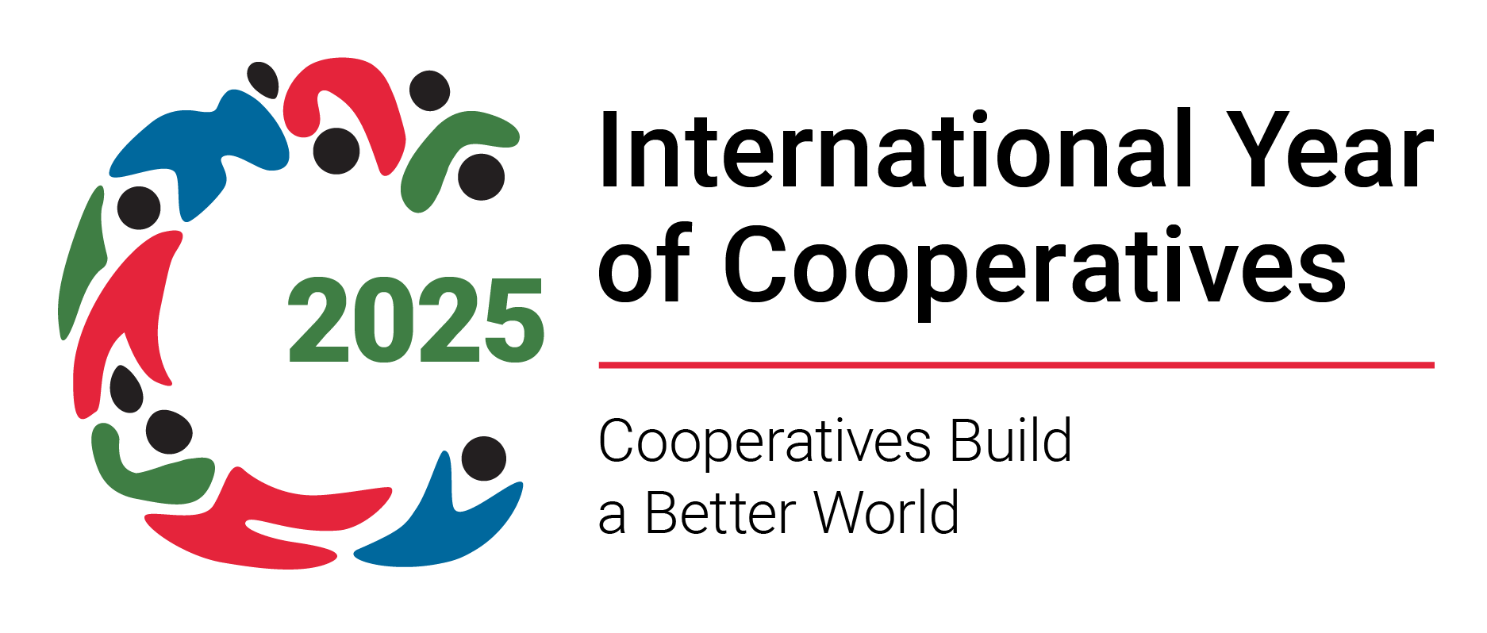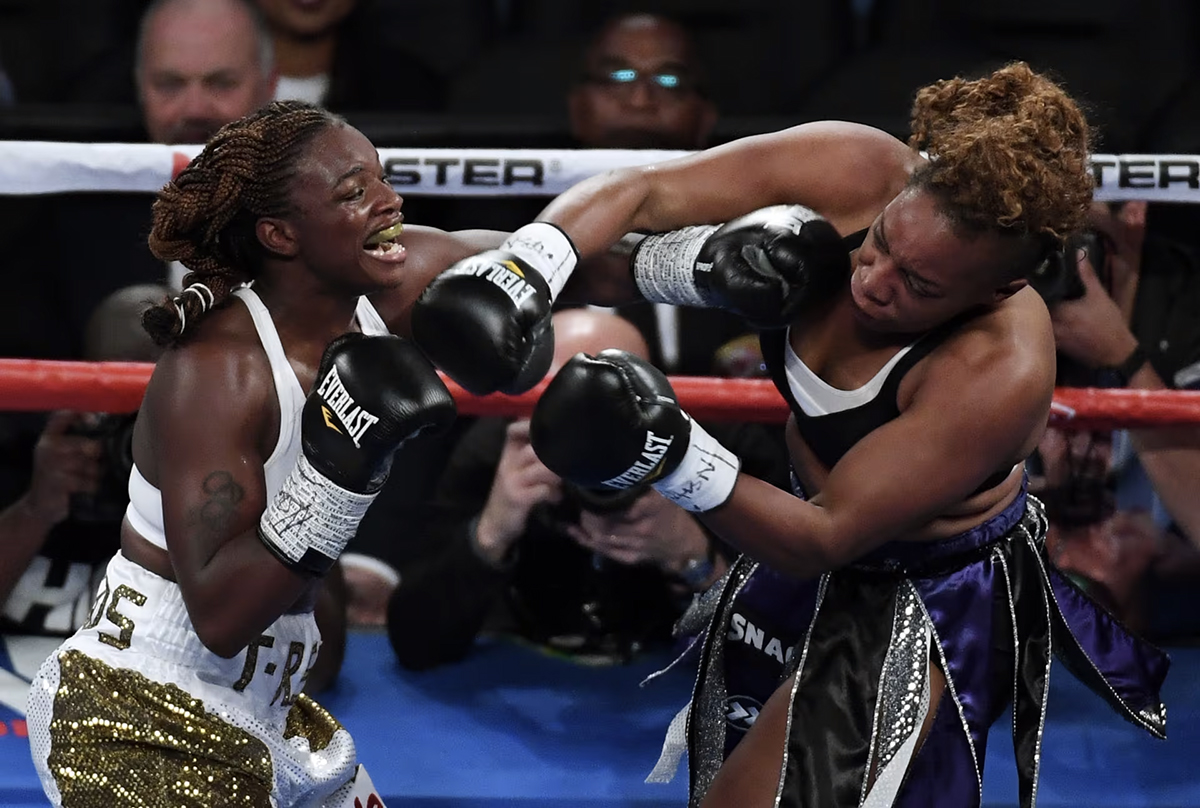The University of Wolverhampton has teamed up with an Academy at a Premier League club and a leading virtual reality (VR) training technology company to help transform football training methods and performance enhancement.
Researchers from the University’s Faculty of Education, Health and Wellbeing will work with the Academy at Wolverhampton Wanderers Football Club and Rezzil to harness cutting-edge VR and data-driven analysis to unlock new insights into athlete development, with a focus on immersive simulations that enhance physical, tactical, and technical skills. Led by Associate Professor Ross Cloak and Professor Andrew Lane, the project will aim to improve critical game metrics, including player reaction times, decision-making skills and cognitive responses under pressure.
PhD student, Callum Taylor, will be based at the club for the next three years collecting data and supporting the ongoing work. This partnership will help push the boundaries of sports science and aim to revolutionise traditional training methods, making it a unique and forward-thinking venture in athletic research.
As part of the knowledge exchange, the University’s researchers and Wolverhampton Wanderers’ coaching staff will work closely to refine the VR-based training protocols and share findings that could reshape traditional football training methods. This initiative is a continuation of research collaboration between the University and football club for more than a decade.
Dr Ross Cloak said: “This collaboration exemplifies the University of Wolverhampton’s commitment to impactful, cutting-edge research that benefits athletes and the broader sports science community.
“By working closely with Wolverhampton Wanderers Football Club and Rezzil, we’re positioning our researchers to push the boundaries of sports science, gathering data that will offer unprecedented insights into skill development, cognitive performance, and injury prevention.” Dr. Ben Greenhough, Head of Research at Rezzil, said: “We're thrilled to be part of this collaboration with the University of Wolverhampton and Wolverhampton Wanderers Football Club. The work we're undertaking together will strengthen the evidence base for virtual reality sports training, benefiting athletes and teams at every level.
“This partnership not only allows us to leverage cutting-edge technology to deliver real, impactful insights, but it also reinforces our commitment to supporting research that pushes the boundaries of performance and player welfare. We’re proud to play a role in supporting and fostering a collaboration that will shape the future of the field.”
Stephen Gilpin, Head of Academy Performance Services at Wolverhampton Wanderers Football Club, said: “This collaboration is an asset for our academy players, providing access to advanced VR training that enhances tactical awareness, decision-making skills and introduces new rehabilitation methods.
“It’s a unique opportunity to integrate cutting-edge technology into our performance programmes while benefiting from the academic expertise at the University’s research centres. We’re excited to see how this will enhance our players' skills and support their long-term development.”











